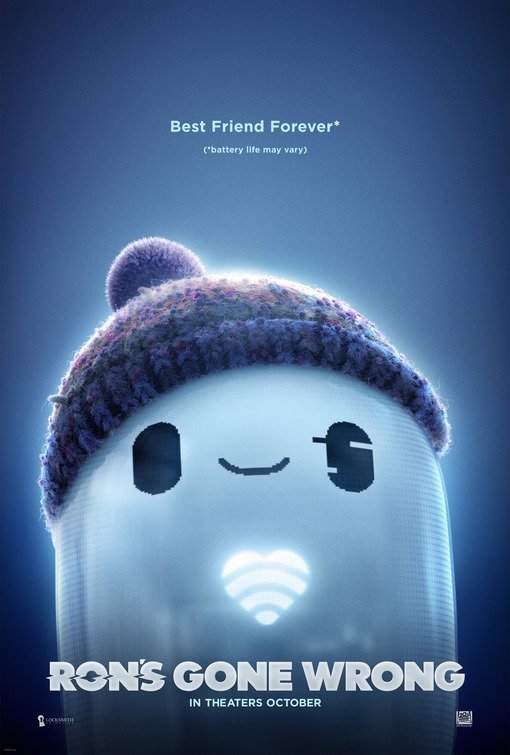
By Gavin Boyle
Voted word of the year in 2024, “brain rot” describes the foggy feelings you get after scrolling social media for hours, though experts explain the feeling is more of a response to overstimulation than a condition to worry about.
“‘Brain rot’ is defined as ‘the supposed deterioration of a person’s mental or intellectual state, especially viewed as a result of overconsumption of material (now particularly online content) considered to be trivial or unchallenging. Also: something characterized as likely to lead to such deterioration,’” Oxford University explained.
Related: What Is ‘Brain Rot’? Oxford’s Word of the Year Highlights Social Media Epidemic
In some ways, it is used to define a guilty pleasure, which people know is bad for them but they enjoy anyway. Regardless of the harmful effects, people spend endless hours engaging in the practice and only stop when they force themselves to.
“Both the actual content and how it’s delivered make the experience [of brain rot] more possible,” Benjamin K. Johnson, Ph.D., an associate professor of advertising at the University of Florida, told TODAY.
Because people can engage with their guilty pleasures for hours at a time on a daily basis, the effect it has on the viewers is exaggerated. However, just as in the past, research points to it only having a temporary effect, rather than changing the brain long term. These effects include worse memory, more difficulty focusing, having a harder time thinking and decreased self-control.
Those who regularly engage with brain rot also tend to exercise less and have a worse sleep schedule, further adding to these feelings of degenerative brain capability.
While brain rot media is not necessarily changing the brain, that does not mean it is healthy to consume. The biggest problem is that it hooks viewers to their devices, which has been shown to have negative, long-lasting health effects.
Last summer, U.S. Surgeon General Vivek Murthy confirmed that decades of research has undoubtedly linked social media to the epidemics of anxiety and depression that are ravaging today’s youth. He was so convinced of this fact that he called for a surgeon general’s warning to be placed on the tech to raise awareness about its effect on developing brains.
“The mental health crisis among young people is an emergency — and social media has emerged as an important contributor,” Murthy wrote in a New York Times piece. “Adolescents who spend more than three hours a day on social media face double the risk of anxiety and depression symptoms, and the average daily use in this age group, as of the summer of 2023, was 4.8 hours. Additionally, nearly half of all adolescents say social media makes them feel worse about their bodies.”
Thus, while brain rot may not itself be a real condition, it speaks to the negative impact technology has on our lives and how it stops us from fully engaging with the real world.
Read Next: Is Your Kid Speaking Italian? Nope. It’s Just Gen Alpha’s Latest Brainrot.
Questions or comments? Please write to us here.


 - Content:
- Content: 

